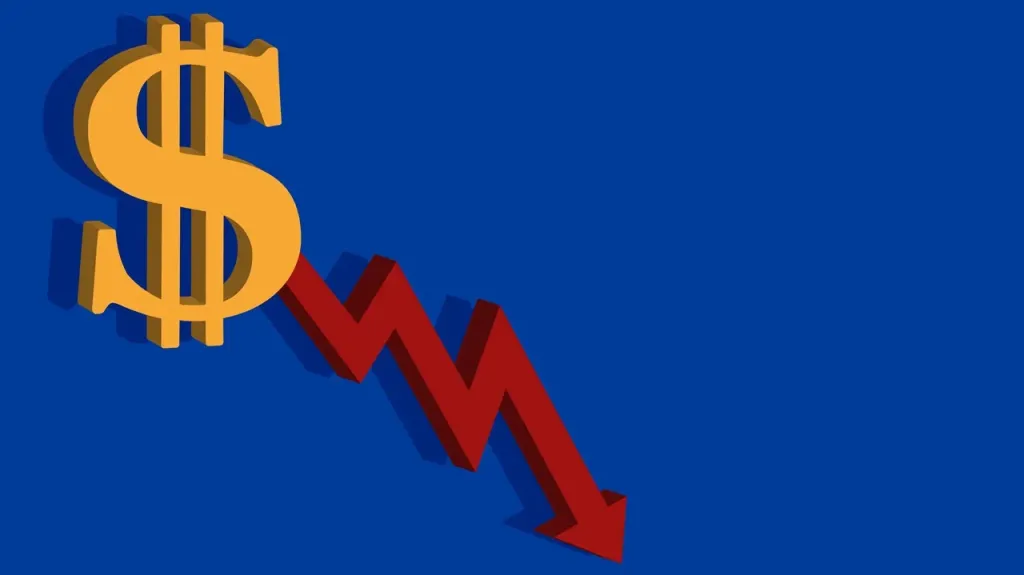As the Dollar Slides, Global Markets See Renewed Momentum

Cairo, April 24, 2025 — The US dollar’s recent slide is prompting a global shift in investor sentiment, as markets recalibrate in response to changing currency dynamics. With the greenback losing ground against key global currencies and commodities, portfolio strategies are being reassessed, particularly in favour of international diversification and inflation-protected assets.
“The weakening dollar opens a new chapter for global investors,” said Lale Akoner, Global Markets Analyst at eToro. “While it may erode the purchasing power of US-based portfolios, it simultaneously amplifies the returns of globally diversified assets.”
Akoner highlighted that export-driven economies — notably Germany, Japan, and South Korea — are emerging as major beneficiaries. A softer dollar makes their exports more competitive, often leading to stronger earnings and increased foreign investment. Early 2025 has already witnessed significant capital inflows into Chinese and Korean equity markets as investors pivot from US-heavy allocations.
Gold and Commodities Regain Their Shine
Amid concerns over currency depreciation, gold has made a robust comeback, appreciating sharply as the dollar loses nearly a quarter of its value against the precious metal. Often viewed as a shield against inflation and market instability, gold — along with broader commodity sectors like energy and agriculture — has reaffirmed its role as a safe-haven asset during monetary volatility.
Rise of Currency Diversification
As investors look beyond dollar-denominated holdings, currencies like the euro, yen, and Swiss franc are gaining appeal. Many investors are now actively exploring currency-hedged international funds or maintaining unhedged positions to capitalize on gains from currency fluctuations.
“Diversification is not just about geography anymore — it’s also about currency exposure,” noted Akoner. “US investors anticipating further dollar weakness may benefit from staying unhedged, while European or UK investors might hedge US assets to stabilize returns.”
Fixed Income Strategies Under Review
The decline in the dollar is also reshaping preferences in the fixed income space. Traditional US Treasuries may appear less attractive in the current environment, prompting a shift toward short-duration bonds, TIPS, and high-grade international debt instruments. Well-positioned sovereign bonds from emerging markets are also gaining traction among yield-seeking investors.
Shifting Gears Without Overhauling the Engine
While market watchers stress the importance of adapting to new conditions, they also advise against abrupt strategy changes. “This isn’t about scrapping portfolios,” Akoner added. “It’s about timely rebalancing — tilting toward international exposure, alternative assets, and inflation hedges that align with the macro narrative.”
In this period of economic recalibration, a flexible and globally attuned investment approach may prove crucial in navigating the evolving financial landscape — and in unlocking growth beyond the borders of a single currency.

